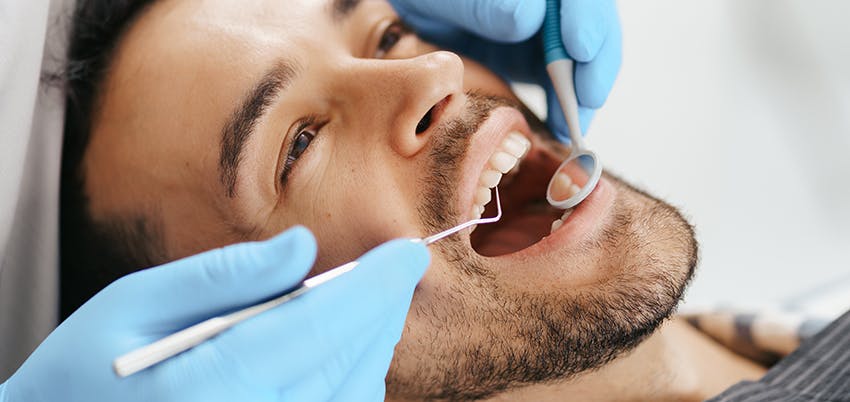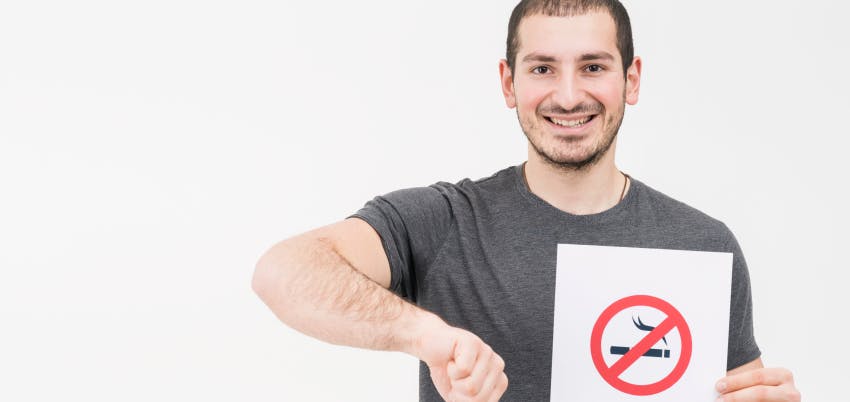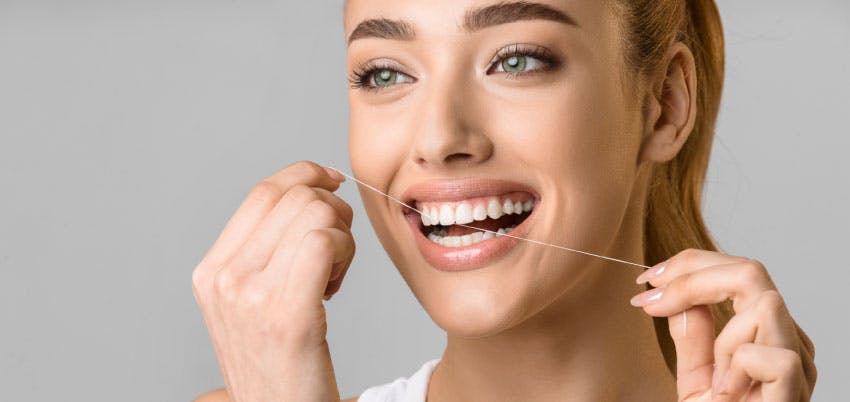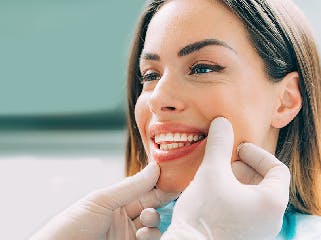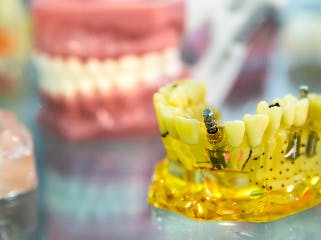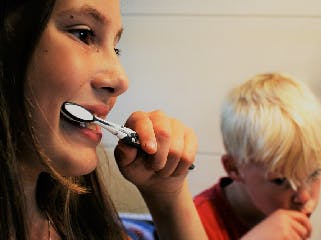
How to treat bruxism?
by Wildsmile
Bruxism is an involuntary bad habit of pressing or grinding the teeth, contracting the muscles of chewing. It is usually suffered during sleeping, although it can also occur during the day.
The silent disease
Bruxism, or the silent disease, is a pathology that can have very annoying consequences, as clenching the upper and lower teeth causes damage to the enamel, even cracking them. Bruxism can also cause other problems such as:
- Dental sensitivity. Especially to sweet or cold foods, but also to heat.
- Headaches. Headaches caused by contracting the jaw muscles.
- Temporomandibular joint disorders. When left untreated, bruxism causes joint and jaw alterations, even leading to trismus (a symptom that makes difficult to open the mouth correctly).
- Insomnia. Jaw pain and headache can lead to sleeping difficulties.
Causes of bruxism
The real origin of this pathology is still unknown, although there are various theories about its possible causes, such as stress and anxiety. It has also been studied that other factors such as a poor diet, breathing disorders during sleep, incorrect sleeping posture and the misalignment of teeth may also be responsible for bruxism.
Treatments for bruxism
If you are suffering from a bruxism problem, it is best to see your dentist, who will recommend a series of treatments that can help you to relieve this problem, such as:
- Splints and mouthguards. Both splints and mouthguards will protect your teeth from damage. You should wear them mainly at night.
- Dental correction. Bruxism in the most advanced cases causes loss of teeth, so you will need dental implants (if you want to know more about this topic CLICK HERE). It also causes cracks and considerable wearing of the enamel, so you will need dental crowns.
You may be interested in read: DO YOU HAVE DENTAL FISSURES? - DETECT AND TREAT THEM ON TIME
It is very important that you take into account that the above treatments do not correct bruxism, so we recommend that you see a qualified psychologist to help you control your anxiety and stress levels, so you can solve the root of the problem and stop this annoying pathology called bruxism.
Want to learn more about this?
Contact us
Your contact request is registered. We will contact you as soon as possible.
Lorem ipsum dolor sit amet, consectetur adipisicing elit. Adipisci alias aliquid amet commodi dolor, dolore doloremque dolores fugit quod repellat.
 ENG
ENG
